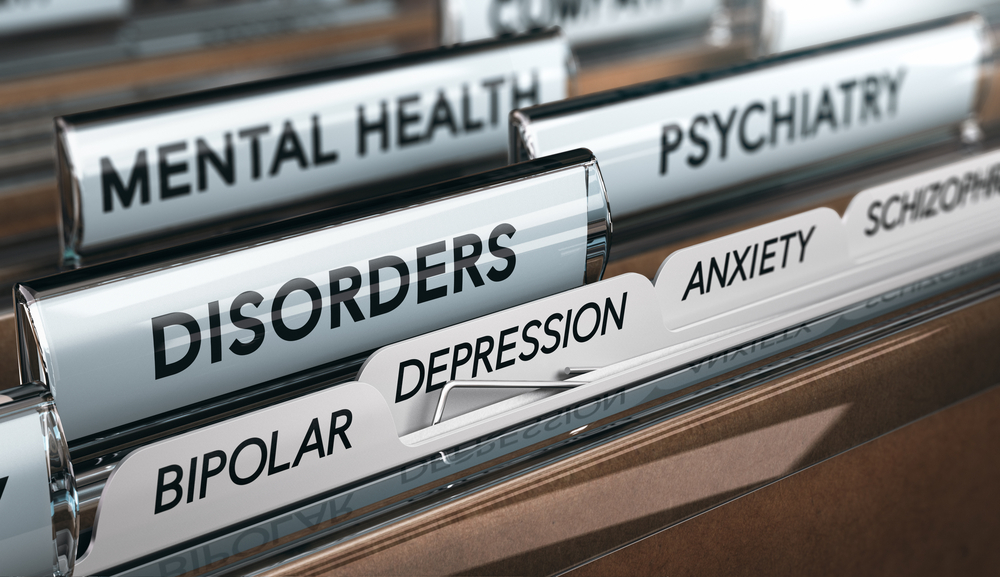Will My Sins Be Excused Because of My Mental Health Issues?
Answered by Shaykh Irshaad Sedick
Question
I was born with Autism, Asperger, Di-George, and OCD, and I have executive dysfunction and addiction issues due to them. Sometimes, I don’t pray, So I wish to know, will I be held accountable for this?
Answer
In the Name of Allah, the Most Merciful and Compassionate. May Allah alleviate our difficulties and guide us to that which is pleasing to Him. Amin.
If your health and mental health issues are severe and you cannot make Islamically sound decisions, you may not be morally responsible during those times. However, suppose your conditions are not severe, or they don’t affect your moral cognitive ability or only affect you temporarily. In that case, you will still be morally responsible to the extent of your physical and mental capacity, and Allah knows best.
Mental Health Challenges
Islam casts no stigma on people with mental illness, but people often do. You should not be ashamed of the test (and blessing) that Allah has given to you. You should be able to communicate your challenges with family, loved ones, and others who may need to know about it so that they are aware and can assist should the need arise. You are not obliged to publicly disclose your disease, except in cases where it may directly affect others (such as in marriage), and Allah knows best.
The Prophet (Allah bless him and give him peace) said, “No fatigue, nor disease, nor sorrow, nor sadness, nor hurt, nor distress befalls a Muslim, even if it were the prick he receives from a thorn, but that Allah expiates some of his sins for that.” [Bukhari]
Am I Morally Responsible?
The following is an answer to a similar question that we received previously.
Schizophrenia–Fiqh Ruling
Generally speaking, being sane and in control of one’s rational faculties, as well as being able to understand the message of God, are conditions for moral responsibility. Someone who is not sane or suffers from deficits in cognitive abilities that renders him unable to understand and carry out divine commands is not under any responsibility to fulfill these commands.
If an individual suffers this condition temporarily, scholars state that he will not be morally responsible for that temporary period. Thus, someone with schizophrenia may find himself not morally responsible for long periods. At the same time, he may be obliged at other times, i.e., when his symptoms subside and are not as severe, to perform his daily obligations.
One should note, however, that this is the legal ruling on the matter. From a broader perspective, we recognize that God is infinitely merciful. He is not an entity merely checking off requirements given to us in an exam. God knows the struggles people are undergoing, the challenges we face, the hardships we slip into sometimes and succeed on other occasions, etc., and He approaches and judges us accordingly.
Suffering in This World
Suffering in this world may seem like an eternity, but it will pass, and eventually, the door to actual eternity will be opened. It is here that our suffering will, in the words of one of our teachers, “dwindle to nothing before the next [world] not only quantitatively, because of its eternity, but qualitatively because of its nature.” The Prophet (blessings and peace be upon him) described this saying:
The person who had the most satisfying life in this world, of any of the people of hell, will be summoned on Resurrection Day and utterly plunged into the hellfire, then asked, ‘O human being, have you ever beheld any good at all; have you ever felt a single joy?’ and he will say, ‘No by God, my Lord.’ And the most miserable sufferer in this world, of any of the people of paradise, will be summoned and utterly plunged into paradise, then asked, ‘O human being, have you ever seen any bad at all; have you ever experienced a single misery?’ and he will say, ‘No by God, my Lord: I have never seen any bad or suffered a single misery.’” [Muslim]
All we are tasked to do is try our best in the situation we find ourselves in and in the little time we are given. One should not lose hope. We should continue striving as best as we can and turning to God.
In the Future
Finally, in your case, I would advise you to connect with family, local scholars, members of the community, and mental health professionals in your area. Having people around us who care and encourage us to live meaningfully is essential because it gives us the morale and strength to persevere. This may seem challenging and intimidating, but finding a trusted group that supports you will be invaluable and necessary.
I pray this is of benefit and that Allah guides us all.
[Shaykh] Irshaad Sedick
Checked and Approved by Shaykh Faraz Rabbani
Shaykh Irshaad Sedick was raised in South Africa in a traditional Muslim family. He graduated from Dar al-Ulum al-Arabiyyah al-Islamiyyah in Strand, Western Cape, under the guidance of the late world-renowned scholar, Shaykh Taha Karaan.
Shaykh Irshaad received Ijaza from many luminaries of the Islamic world, including Shaykh Taha Karaan, Mawlana Yusuf Karaan, and Mawlana Abdul Hafeez Makki, among others.
He is the author of the text “The Musnad of Ahmad ibn Hanbal: A Hujjah or not?” He has served as the Director of the Discover Islam Centre and Al Jeem Foundation. For the last five years till present, he has served as the Khatib of Masjid Ar-Rashideen, Mowbray, Cape Town.
Shaykh Irshaad has thirteen years of teaching experience at some of the leading Islamic institutes in Cape Town). He is currently building an Islamic online learning and media platform called ‘Isnad Academy’ and has completed his Master’s degree in the study of Islam at the University of Johannesburg. He has a keen interest in healthy living and fitness.
